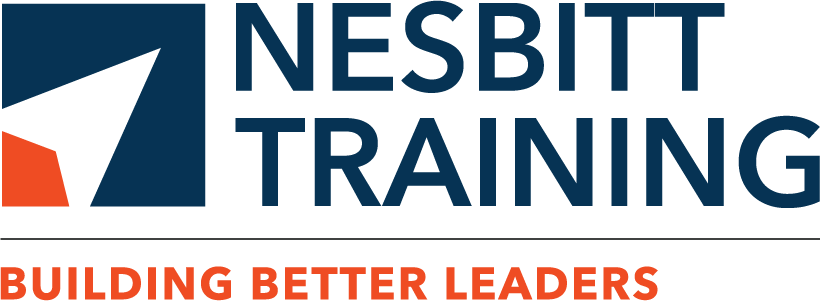The Importance of Training in Your Off-Season
The Importance of Training in Your Off-Season
In many industries and businesses, there are both busy seasons and off seasons. When operations are in their peak season, everyone is working like a well-oiled machine to meet the demands of service in the provided time frame. However, when things start to slow down, many business owners are tasked with finding ways to fill the lull and keep employees engaged and fit for the job when business as usual resumes. This lull is the perfect opportunity to upskill or reskill your team to ensure their knowledge is fresh, skills are sharp, and confidence is booming.
Off-season training is no new concept. Professional sports teams use this strategy each year to give their current players the opportunity to keep active and continue to hone their skills and work towards mastering their craft. Sports fans know it as a training camp. In this time, coaches will also work to develop their younger players and those who are working on their farm team. The downtime allows for the team leaders to create new game plans, adjust lines to see where the chemistry is and create a cohesive team that can work towards achieving the collective goal. Your business should be no different.
To have a thorough understanding of the importance of training in your offseason, it’s important to know the benefits that it provides businesses.
Increased Employee Retention:
Attracting and retaining employees can be a challenge for employers, especially in our working environment today. Once you have good, skilled workers, it's your job as the employer to put the work into training and developing your team as leaders. It’s easier to grow boys than it is to change men, so taking the time to nourish someone's skills and empower them to grow in their industry is key to ensuring your employees feel value in the company and confidence on the job, ultimately fostering a great sense of loyalty.
Cost Of Turnover
When employees lack proper and consistent job training, turnover within the business can be high. Subsequently, the company’s productivity is at risk as job assignments need to be shuffled to compensate. Senior employees may be picking up the slack until new recruits are found and integrated into the business. While employees who are well taken care of often don’t mind picking up the slack on certain occasions, when the problem is recurring, team morale can diminish. It takes time and money to find, vet, and train new employees and the cost can add up rather quickly. Fortunately, much of this can be avoided by providing your team with specialized learning opportunities that come with offseason training and development.
Increases Workplace Engagement
Training and development initiatives keep employees motivated and connected to one another in an environment different than the front lines. Offering offseason training gives your team members time to build their skills and work relationships off the job, and ask questions in an open environment while learning and growing together. Engaged and motivated employees generally have higher morale and can give back just as much as you give to them. It is an investment worth your while.
Developing Leaders
Developing leaders is essential to business success. Nourishing the skills of employees sets them up to be successful in leadership roles in the future. This is vital for establishing business growth and evolution. By creating a leader-development program for your team or offering ongoing training, employees feel more confident in their role and are more successful at navigating change, executing daily tasks, and in return will improve their job performance overall, ultimately helping your business succeed.
Investing in your team is one of the easiest ways to show you care about their future. Take a hard look at the team with their boots on the ground. Identify the strengths, weaknesses, and room for new opportunities or improvements. Are your employees working in roles that fit well? You may have a good effective team, but some members could be sitting in the wrong seat. Continuing the development, coaching, and promotion of team members internally provides your business with a significant return on investment, and it is much less expensive than the cost of hiring externally. Use your offseason to build your team with specialized training and strategize accordingly so that when business picks up again, your operations are improved and more efficient than ever.


